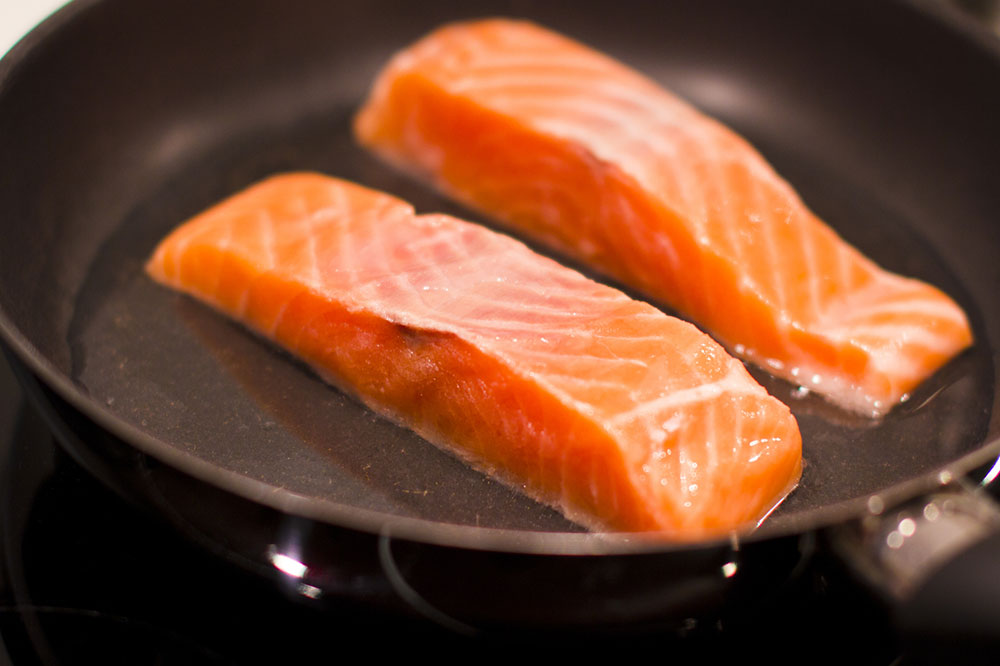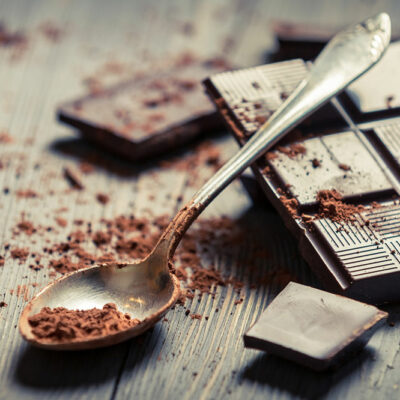
Schizophrenia Patients Should Steer Clear of These 5 Foods
Schizophrenia is an incredibly misunderstood disorder. Most people think of it as something outlandish and a consequence of an event or entity that can’t be understood. The truth couldn’t be further from that, with the condition having specific recognizable characteristics just as any other disorder.
Symptoms of schizophrenia are usually placed under two brackets: positive and negative. Positive symptoms include hallucinations and delusions, whereas the latter includes attentional impairment and the disability to function normally.
Experts aren’t exactly sure what causes schizophrenia but feel that it could be genetics, psychological, or environmental factors. Patients who have the mental disorder require lifelong treatment and care, as there isn’t a single reliable method to cure the problem forever.
That said, a combination of certain factors can aid in relieving some of the symptoms. Diet is one of these factors, with certain foods capable of reducing symptoms while others can make it worse. Focusing on the latter, here are foods schizophrenia patients must avoid at all costs.
1. Caffeine
Higher doses of caffeine is a big problem for people who have schizophrenia. The psychoactive substance alters dopaminergic activity, impacting the way neurons interact with each other. Positive symptoms of schizophrenia, such as delusions and hallucinations, are maximized; as a result, causing serious trouble for patients.
2. Desserts
Cakes and other types of desserts contain refined sugar. Studies have reported that foods made from refined sugar worsen symptoms of schizophrenia in patients. People suffering from the condition are generally bad eaters, and most of them have diabetes, which stems from eating cakes, sweetened beverages, and other types of sweet dishes.
Eating such foods should be avoided or at least reduced to a minimum.
3. Gluten-rich foods
Studies aimed at understanding the relationship between gluten and schizophrenia have produced mixed results. One study found that people who have schizophrenia saw their symptoms reduce after switching to a gluten-free diet. However, other studies didn’t conclude the same thing; hence, the link between them isn’t understood that well.
However, schizophrenia patients must still exercise caution while consuming gluten-rich foods. Consulting a doctor might help.
4. Energy drinks
Like caffeine and tea, energy drinks are also addictive beverages that are rich in refined sugar. These drinks produce significant neurological changes in the body, causing insomnia, dehydration, and a host of other problems that can indirectly worsen schizophrenia symptoms.
Energy drinks also cause dependence, which isn’t ideal for someone who has a mental disorder. Furthermore, these drinks cause anxiety and heart palpitations, while intoxication after withdrawal is seen in young people.
5. Milk
Dairy products can affect the condition of schizophrenia patients. It, however, isn’t common and won’t be a problem for every patient. Therefore, people suffering from the disease should consult a doctor and check whether it’s safe to include milk in their diet.


